Sausage Symphony: How to Season Pork Sausage Like a Flavor Maestro
Table of Contents
- The Art and Science of Seasoning Pork Sausage
- Core Ingredients That Bring the Magic
- Pro Tips for Perfectly Balanced Flavors
- Flavor Profiles from Around the World
- Visual Guide to Spice Blends by Cuisine
- Common Mistakes to Avoid
- Advanced Techniques for Seasoning Pros
- Storage and Aging Your Spiced Meat
- Conclusion: Become a Seasoning Superstar
The Art and Science of Seasoning Pork Sausage
If you’ve ever bitten into a sausage that made your taste buds dance, chances are someone put some serious love (and spice knowledge) into it. Seasoning pork sausage isn’t just about throwing in salt and pepper — it’s about balance, chemistry, and maybe even a little bit of magic.
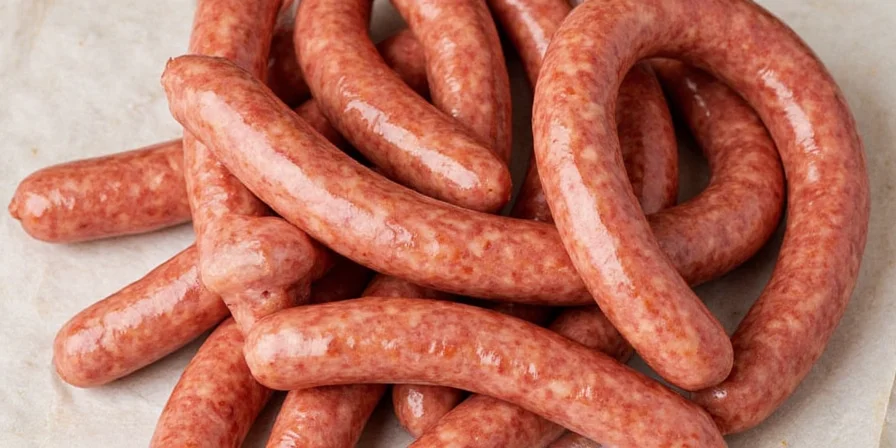
At its core, sausage is ground meat, fat, and seasonings encased in a casing. The meat and fat give body, but the seasonings? Those are what bring character. Whether you're crafting a classic breakfast sausage or spicing up a smoky bratwurst, knowing how to blend your spices can make all the difference between “meh” and “marvelous.”
Core Ingredients That Bring the Magic
Before diving into fancy flavor profiles, let’s break down the essential players in any great sausage seasoning lineup:
- Salt: The backbone of flavor. It enhances other spices, extracts protein for texture, and acts as a preservative.
- Black Pepper: Adds warmth and mild heat without overpowering other flavors.
- Fennel Seeds: A must-have for Italian sausage lovers.
- Garlic Powder: For that deep umami kick.
- Paprika: Adds color, sweetness, and optional heat depending on the type used.
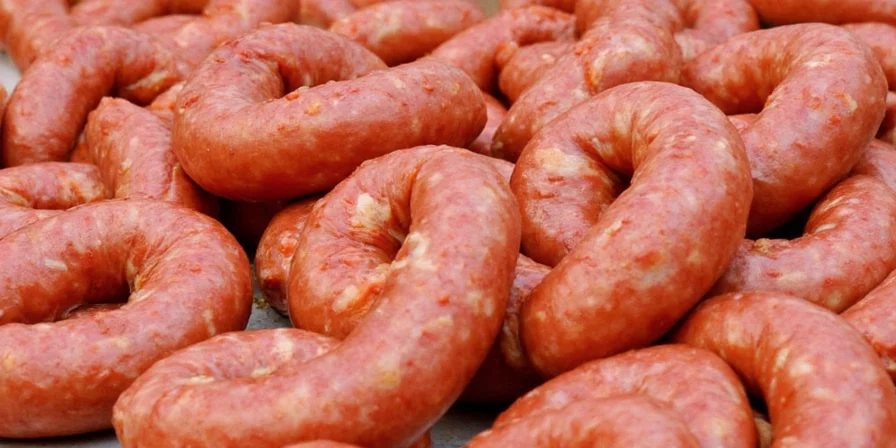
These five ingredients form a solid base for most sausage types. Think of them like your wardrobe essentials — they don’t scream for attention, but they always deliver style and substance.
Pro Tips for Perfectly Balanced Flavors
You wouldn’t wear socks with sandals (or maybe you would, we’re not judging), so why mismatch your spices? Here are some golden rules seasoned sausage pros swear by:
- Use fresh spices: Stale spices = sad sausage. Grind whole seeds yourself when possible for maximum aroma.
- Bloom your spices: Toasting them briefly in oil or dry pan wakes up their flavor compounds.
- Balance sweet and savory: A pinch of sugar or smoked paprika can offset salty notes beautifully.
- Don't overdo it: Less is more. Stick to around 3–5% of the total weight of meat for optimal seasoning levels.
- Taste test before casing: Make a small patty and cook it. Adjust the seasoning if needed before committing to stuffing.
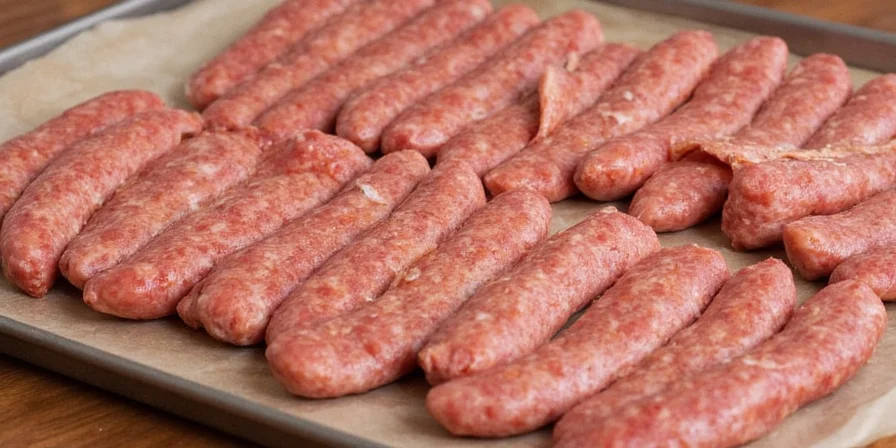
Flavor Profiles from Around the World
Sausage may be universal, but every culture puts its own twist on it. Let’s explore some iconic global styles and their signature spices:
- Italian: Fennel seeds, red pepper flakes, garlic powder, oregano, parsley
- German Bratwurst: Marjoram, nutmeg, coriander, ginger, white pepper
- Spanish Chorizo: Smoked paprika (pimentón), garlic, oregano, red wine, vinegar
- American Breakfast: Sage, thyme, black pepper, brown sugar, nutmeg
- Mexican Longaniza: Cumin, cloves, chili powder, garlic, vinegar
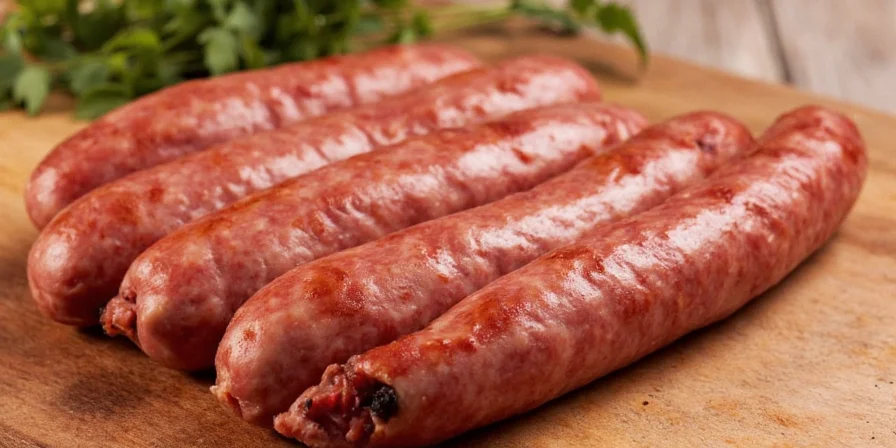
Visual Guide to Spice Blends by Cuisine
To help you pick the perfect mix, here’s a quick comparison table:
| Cuisine | Main Spices | Heat Level | Best Used In |
|---|---|---|---|
| Italian | Fennel, chili flakes, garlic | Mild to medium | Pizza toppings, pasta sauces |
| German | Nutmeg, marjoram, coriander | Low | Beer pairings, grilled with mustard |
| Spanish | Smoked paprika, oregano, garlic | Medium | Paella, tapas |
| American | Sage, thyme, brown sugar | Very low | Breakfast, stuffing |
| Mexican | Cumin, chili powder, clove | Medium to hot | Tacos, chorizo tacos al pastor |
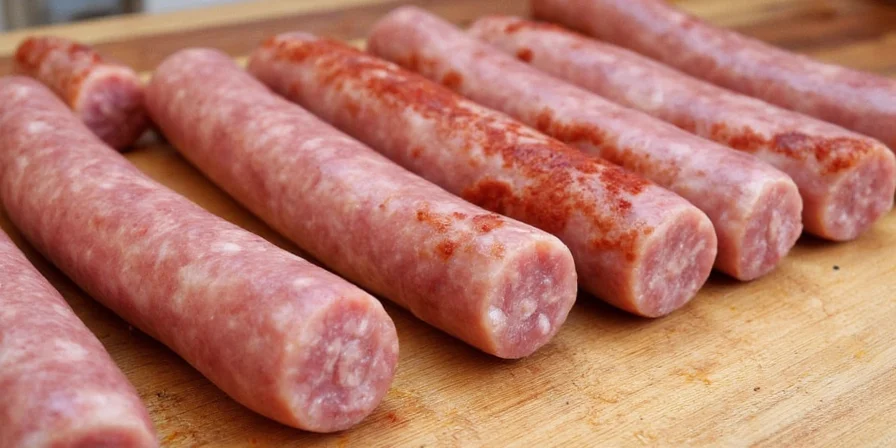
Common Mistakes to Avoid
We’ve all been there. You follow a recipe, stuff the casings, and… disappointment. Here are common blunders and how to avoid them:
- Over-seasoning: Remember, sausage is concentrated flavor. Too much salt or spice will drown out everything else.
- Uneven mixing: Use your hands! Mix thoroughly but gently to ensure even distribution of spices and fats.
- Dry meat mixture: Don’t skip the fat! Pork needs fat to carry flavor and stay juicy.
- Skipping the test bite: Always make a test patty and cook it. Tasting raw sausage is unreliable due to altered flavor during cooking.
- Using old spices: Dated spices won’t deliver the punch you need. Store them properly in airtight containers away from light.
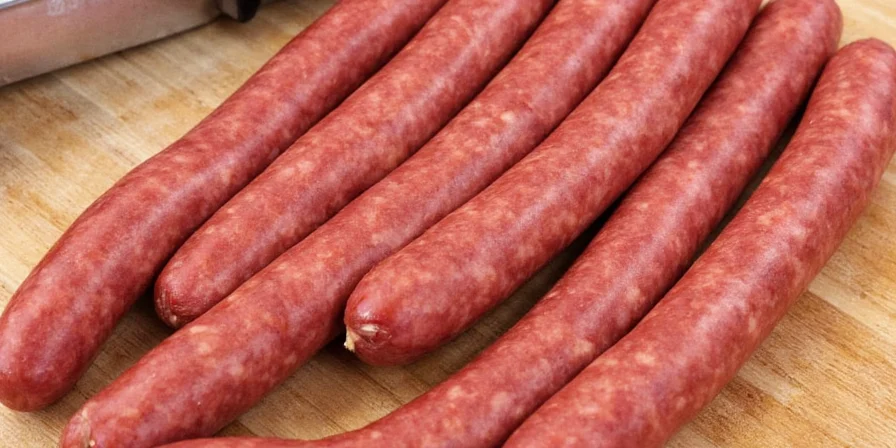
Advanced Techniques for Seasoning Pros
Ready to level up? Here are some pro-level tips to take your sausage game to Michelin-star territory:
- Custom spice blends: Create your own unique mix based on desired flavor profile — think smoky, herby, spicy, or even fruity!
- Alcohol infusion: Use wine, brandy, or beer to bloom spices or deglaze pans for added depth.
- Marinades and curing: Pre-soak meat overnight in herb-infused liquids for deeper flavor penetration.
- Herb de Provence or za’atar boost: These complex blends can add layers of earthiness and floral notes.
- Liquid smoke: For that authentic barbecue or campfire feel without the grill.
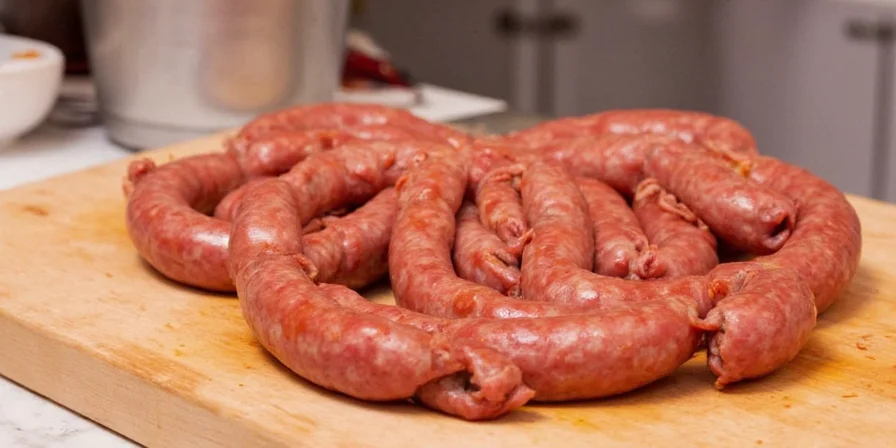
Storage and Aging Your Spiced Meat
So you’ve nailed the seasoning — now what? Proper storage ensures your hard work doesn’t go to waste:
- Refrigerate immediately: Fresh sausages should be eaten within 1–2 days or frozen for later use.
- Vacuum sealing works wonders: Prevents freezer burn and keeps flavors intact.
- Dry-curing: For longer aging, especially with chorizo-style sausages. Hang in cool, dry place with proper airflow.
- Label and date: Never underestimate the power of a good labeling system.
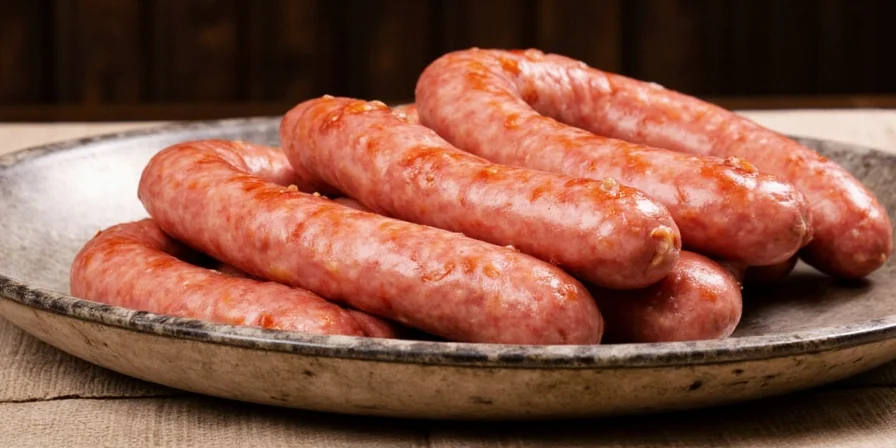
Conclusion: Become a Seasoning Superstar
Seasoning pork sausage is part art, part science, and entirely rewarding. Whether you’re a home cook looking to impress at the next BBQ or a professional aiming for that perfect bite, mastering your spice mix is key.
Remember, the best sausage is one where each bite tells a story — warm fennel whispering of summer grills, smoky paprika echoing fire pits, or sage reminding you of cozy winter mornings. So experiment, taste, tweak, and above all… have fun with it.
Now go forth and season like a true spice maestro. Your next sausage might just be legendary.
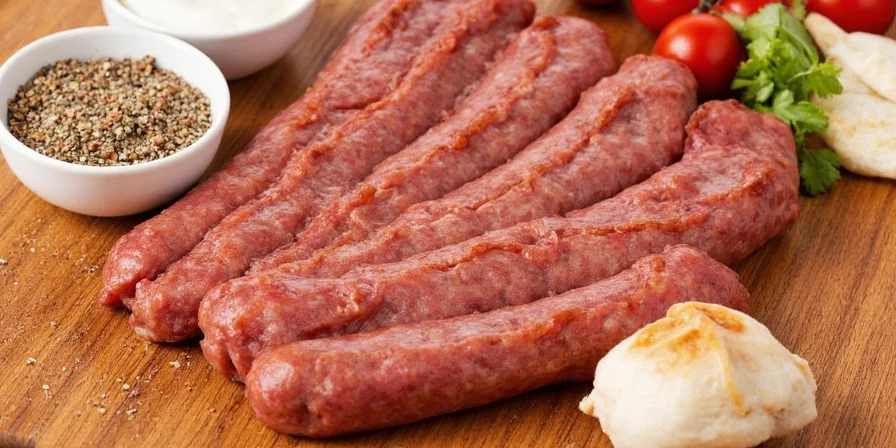

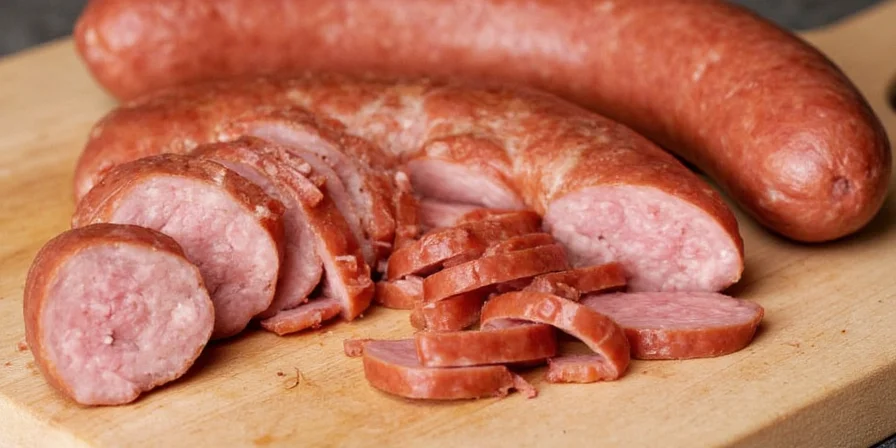









 浙公网安备
33010002000092号
浙公网安备
33010002000092号 浙B2-20120091-4
浙B2-20120091-4